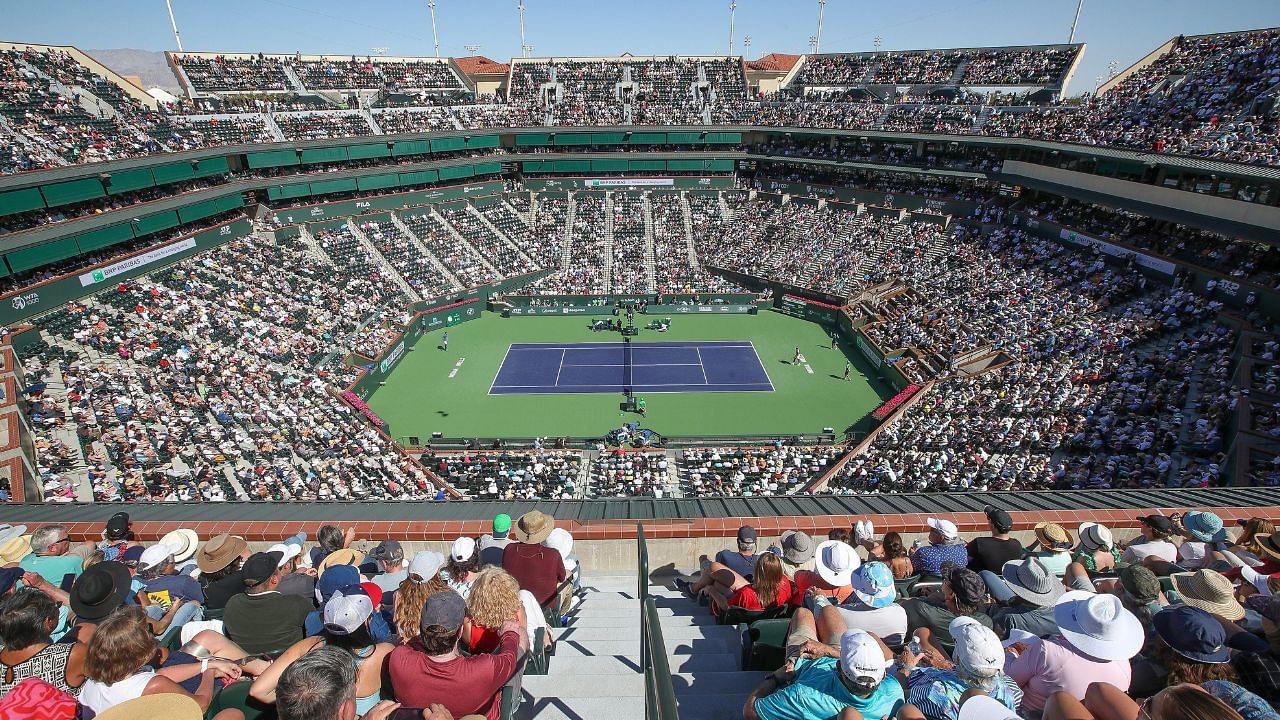After defeating Sumit Nagal of India, Shang Jungcheng faced World No. 2 Carlos Alcaraz in the third round of the ongoing Australian Open. Alcaraz won that match. However, how he won sparked curiosity among fans about a rule in sports. The 18-year-old Chinese tennis pro lost 6-1, 6-1 in the first two sets to Alcaraz. In the third set, Alcaraz barely got one point before getting a walkover for the next round. But what is a walkover in tennis and why did he get it and is it fair to call it a walkover?
Walkover is a pretty universal criterion in most sports, where a team/player is adjudged the winner and promoted to the next round if his/her opponent doesn’t show up to the game, is disqualified, or is not available for any of the myriad reasons. In tennis, it’s pretty much the same, where the reasons can range from damage, illness, unwillingness to play, etc.
A walkover also occurs when there is an administrative error from the organizing part due to some reason.
Alcaraz, who entered the game as the favorite to win, didn’t expect such an abrupt end to his third-round encounter. However, Shang had entered this match in a not-so-great condition himself. His upper right thigh was strapped and he received treatment during the second set. In the end, the trouble was too much for him to continue.
View this post on Instagram
In a technical sense, a walkover would be given to a player if their opponent bows out before the match starts. However, certain reports are calling it a walkover on Alcaraz’s part whereas some describe it as retired hurt. Here’s how it’s different.
What is a walkover in tennis and how is it different from retiring hurt?
In tennis, a walkover usually occurs when a player withdraws before the match and is he is unable to play for injury reasons during the match, that’s called retired hurt. There is a subtle but significant difference.
Friend of Court is a book of rules and regulations from the United States Tennis Association (USTA) that stresses this key difference. A thing to keep in mind is that injuries can still lead to a walkover, only if it’s initiated before the match starts and not during. Likewise, ‘personal circumstances and adult discipline’ can also lead to retirement and doesn’t compulsorily fall under walkover.
Before Alcaraz won against Shang due to the latter’s injury, Milos Raonic too got injured early in the tournament. Raonic’s injury spoiled a well-set match against Alex de Minaur when the game was poised at 1-1 set to each. Raonic had a hip flexor issue which worsened during the game and he had to bow out. This gave Minaur the advantage of facing, and subsequently knocking out, Flavio Cobolli.
While there is a subtle difference between walkovers and winning due to the retired hurt of opponents, the latter is often erringly referred to as a walkover.


